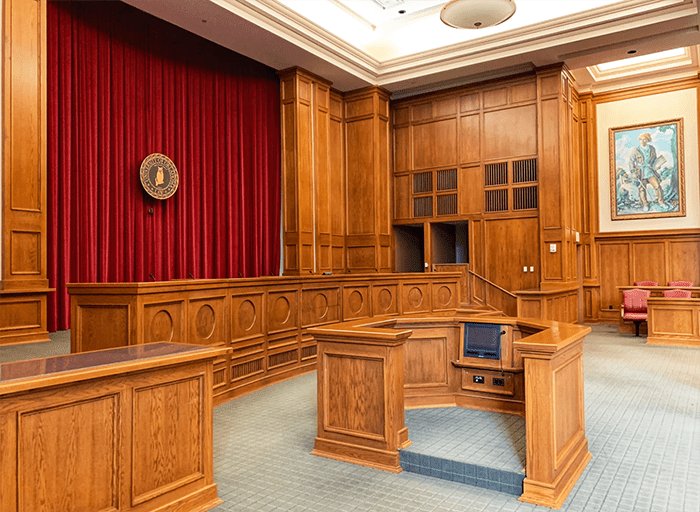Officials across TX have reacted to a U.S. Supreme Court decision rejecting a lawsuit led by the state’s AG
AUSTIN, TX — Officials across Texas have reacted to a U.S. Supreme Court decision Friday rejecting a lawsuit led by the state’s attorney general seeking to overturn the presidential election.
State Attorney General Ken Paxton had sought to invalidate millions of votes in four battleground states — Georgia, Michigan, Pennsylvania, and Wisconsin — in a move endorsed by Donald Trump onto which several other Republican-led states later signed. But the high court late Friday opted not to hear the case, handing its second rejection this week of election-related litigation after a failed similar appeal from the Pennsylvania Republican Party.
The Supreme Court on Friday said the Texas-led suit “…has not demonstrated a judicially cognizable interest in the manner in which another state conducts its elections.” The development ends what was seen as the last major legal challenge to the results of the Nov. 3 election.
By early evening, Paxton issued a statement expressing disappointment in the outcome: “It is unfortunate that the Supreme Court decided not to take this case and determine the constitutionality of these four states’ failure to follow federal and state election law,” he wrote. “I will continue to tirelessly defend the integrity and security of our elections and hold accountable those who shirk established election law for their own convenience.”
Paxton had filed an original lawsuit in the U.S. Supreme Court on Monday arguing that the Supreme Court must require the four defendant states “…to conduct their elections in a manner that complies with the Constitution and all federal and state laws,” Paxton wrote. The suit accused the four states of having exploited the coronavirus pandemic to ignore federal and state election laws despite the emergence of evidence supporting claims of resulting widespread voter fraud or irregularities.
Texas Republican Party Chairman Allen West was more strident in his reaction, positing the court’s decision as a dangerous precedent: “The Supreme Court, in tossing the Texas lawsuit that was joined by 17 states and 106 U.S. congressman [sic] have declared that a state can take unconstitutional actions and violate its own election law,” West wrote. “Resulting in damaging effects on other states that abide by the law, while the guilty state suffers no consequences.”
It was unclear to which elections law violations West referred, as all 50 states have certified the presidential election that secured the needed Electoral College votes for Joe Biden and roughly 7 million more votes than the incumbent.
West suggested a future union of “law-abiding states” in reaction to the high court’s ruling: “This decision establishes a precedent that says states can violate the U.S. Constitution and not be held accountable,” West wrote. “This decision will have far-reaching ramifications for the future of our constitutional republic. Perhaps law-abiding states should band together and form a Union of states that will abide by the Constitution.”

